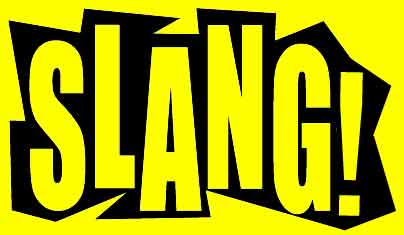The use of American slang frequently causes misunderstanding by readers from the United Kingdom and often comes across as offensive when it is used in professional publications. Often, slang derives from trade jargon and business vernacular that is only used in certain fields such as the medical field. If you say someone is ace, such as an ace Portuguese translator, you mean highly experienced or well regarded. This is an example of American slang at its worst, when used by a language translator. While the term beat is slang for exhausted and has become so commonly used in America that today it is a part of everyday vocabulary, it might be misunderstood by readers from the United Kingdom.
Clichés, jargon and other worn words
Nevertheless, there is no place for bent (upset), blimp (fat person), bomb (bad), bonkers (crazy) in professional translations from French to English or from any language to English. A fair amount of the slang used today comes from advertising companies. Love is spelled luv, you is U, flavor becomes flava, ask becomes axe. Slang has contributed to confusion about spelling and yet, despite the efforts of English purists, a great deal is finding its way into everyday language usage. Computer technology, multimedia, interactive television, even healthcare have all provided their own slang expressions, much of them pure jargon, intelligible only to those working in the field. But keep in mind that slang should be for the voice, not the brochure, annual report or even business e-mail. If you must use it, then keep it only for informal writing.
Slangy words like cheesy (cheap), crack (open) and cruise (leave) are hated by experienced translation services workers and others who work in professional settings. But text messaging and social media have been responsible for much of today’s slang. We hear in speech gonna for going to, fitty for fifty, terms that are simply rap music solecisms.
Such abbreviations as bff (best friend forever), rofl (rolling on floor laughing), nib (new in box) have no place in print simply because they do not communicate what is meant.
To maximize the likelihood that your English translation will be understood by people in the U.S. and the U.K. you should avoid the use of clichés, jargon and slang that can either be misunderstood or interpreted incorrectly. Even among native audience members, many can find the use of slang as offensive. In either case, the use of slang can make the difference between a great translation and a bad translation.


